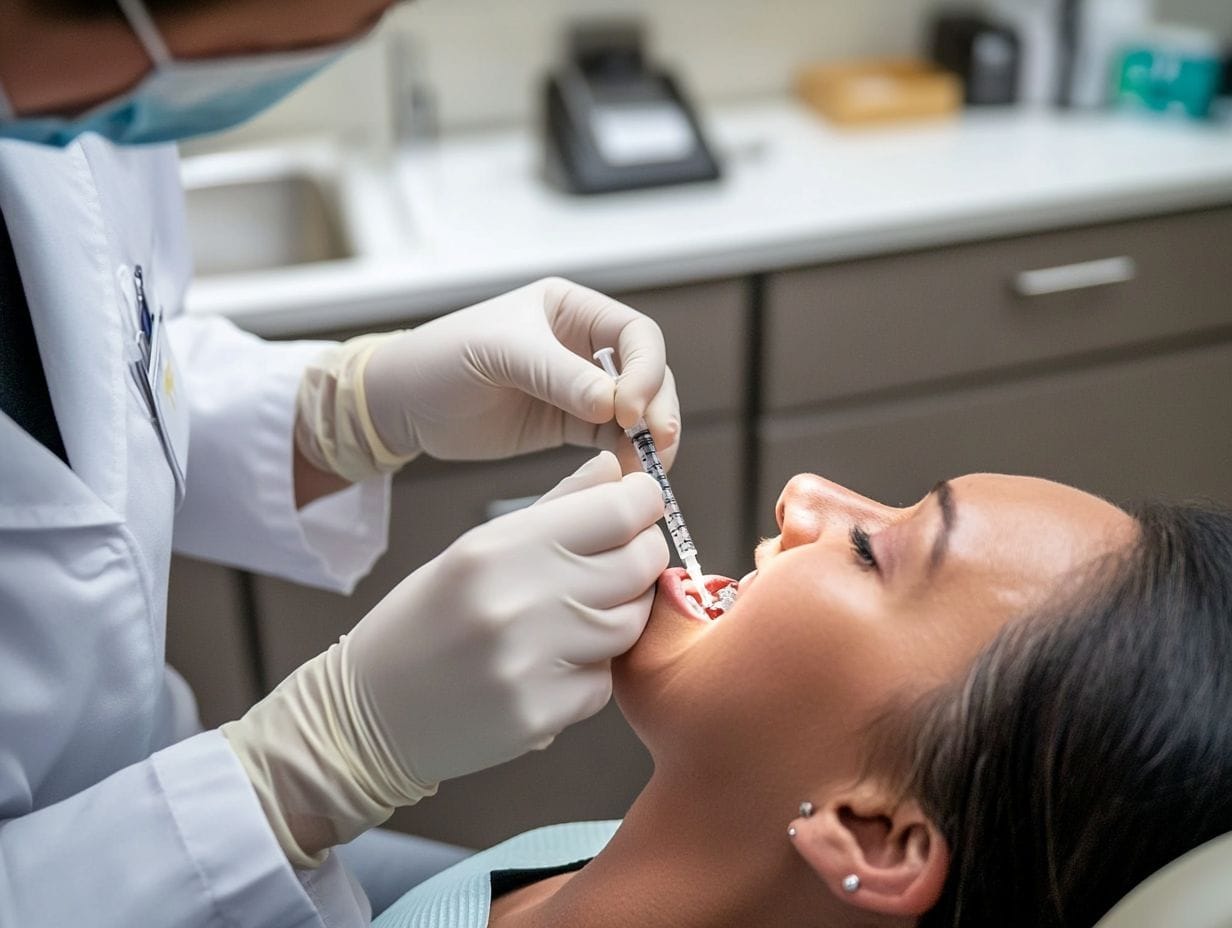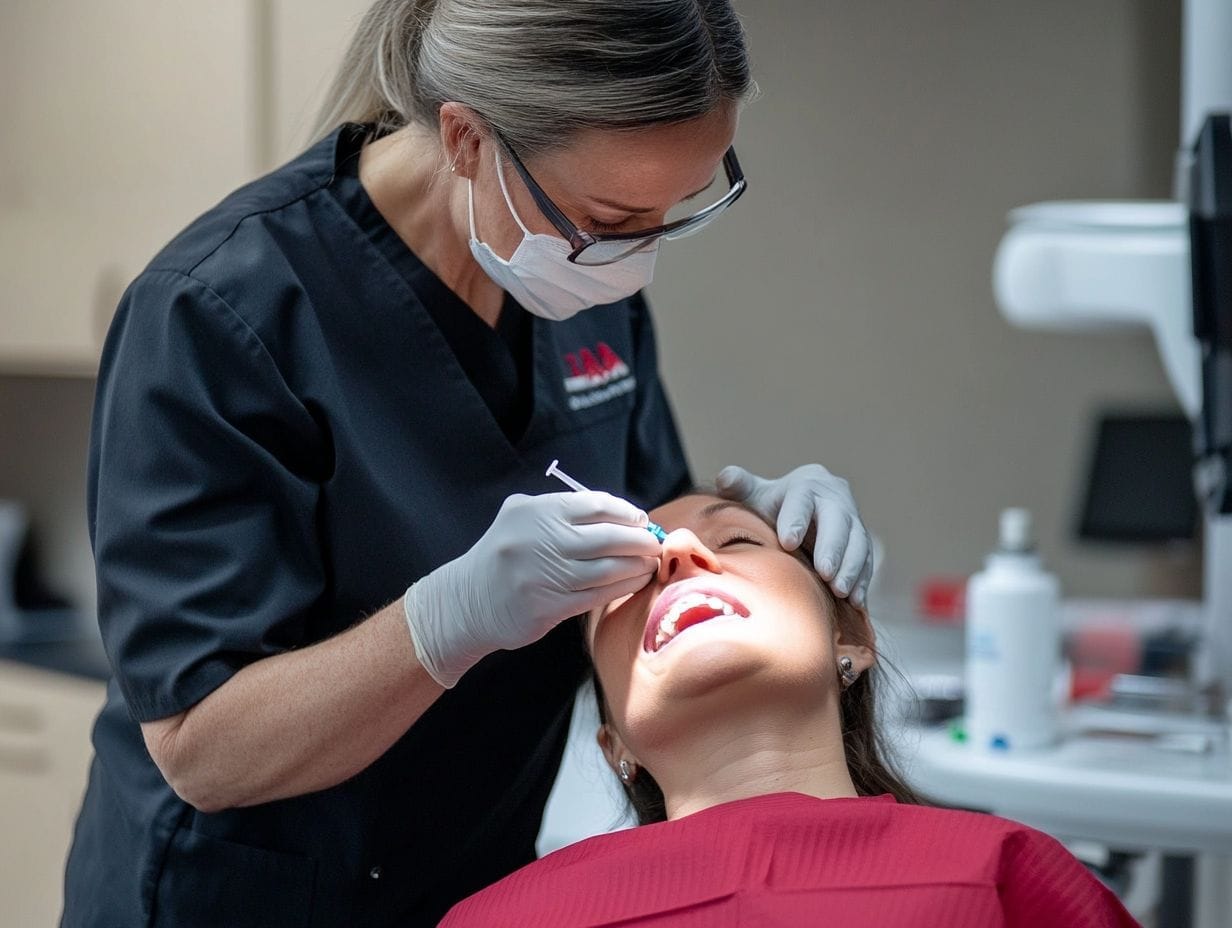Bruxism, the often-overlooked condition marked by teeth grinding and jaw clenching, can lead to discomfort and long-term dental issues if left untreated. Understanding its symptoms and effects is crucial for finding effective solutions. This article explores how Botox can provide relief by targeting the overactive jaw muscles, along with considerations for choosing the right clinic […]






 Botox, a proprietary name for botulinum toxin type A, is an approved neurotoxin that functions by inhibiting the release of acetylcholine, a neurotransmitter essential for muscle contractions.This mechanism enables its therapeutic application in the treatment of various health conditions, including bruxism, migraines, and hyperhidrosis.
Botox, a proprietary name for botulinum toxin type A, is an approved neurotoxin that functions by inhibiting the release of acetylcholine, a neurotransmitter essential for muscle contractions.This mechanism enables its therapeutic application in the treatment of various health conditions, including bruxism, migraines, and hyperhidrosis. One of the primary benefits of Botox is its capacity to provide significant pain relief and improved functionality for patients undergoing TMJ surgery, often resulting in an enhanced quality of life.By alleviating muscle tension and spasms, Botox proves to be a valuable tool in the field of pain management for individuals recovering from temporomandibular joint surgery. Numerous patients have shared testimonials that underscore transformative experiences, including reduced discomfort in daily activities and an increase in overall mobility.For example, one patient reported a remarkable decrease in jaw pain that had previously impeded their ability to eat and speak, thus enabling greater participation in social interactions. These positive outcomes highlight the therapeutic application of
One of the primary benefits of Botox is its capacity to provide significant pain relief and improved functionality for patients undergoing TMJ surgery, often resulting in an enhanced quality of life.By alleviating muscle tension and spasms, Botox proves to be a valuable tool in the field of pain management for individuals recovering from temporomandibular joint surgery. Numerous patients have shared testimonials that underscore transformative experiences, including reduced discomfort in daily activities and an increase in overall mobility.For example, one patient reported a remarkable decrease in jaw pain that had previously impeded their ability to eat and speak, thus enabling greater participation in social interactions. These positive outcomes highlight the therapeutic application of 


